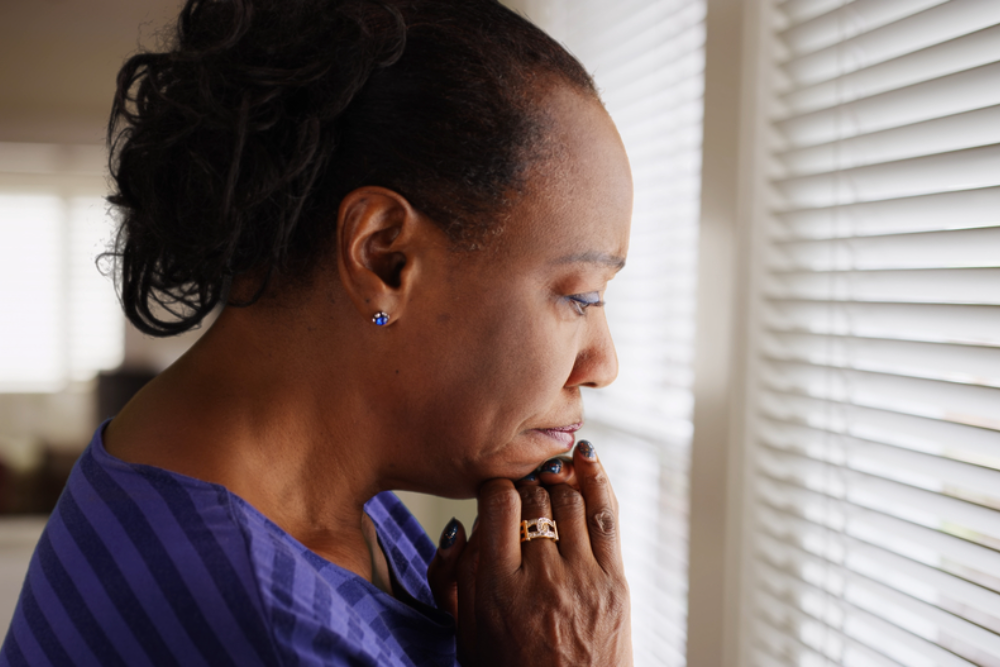A recent study spearheaded by researchers at New York University has revealed a concerning link between discrimination and accelerated biological aging. This groundbreaking research, published in the journal Brain, Behavior and Immunity-Health, suggests that discrimination not only affects mental health but may also hasten the aging process, potentially leading to an increased risk of age-related diseases.
The study’s findings
The NYU study examined various forms of discrimination, including everyday, major, and workplace discrimination, and their effects on biological aging. The findings indicate that these negative experiences can contribute to health disparities by making individuals more susceptible to conditions such as heart disease, high blood pressure, and depression.
Adolfo Cuevas, an assistant professor at NYU and the study’s senior author, emphasizes the significance of these findings. He points out that while health behaviors may partly explain the disparities, it is likely that a combination of psycho-social stressors and biological aging are interconnected.
Racial variations in the effects of discrimination
The study also highlights that the impact of discrimination on aging varies by race. While white individuals are less frequently subjected to discrimination, the study suggests that when they do encounter such experiences, the effects may be more pronounced due to the shock and a potential lack of coping strategies.
However, it’s important to note that the study primarily focused on Black and white participants, leaving a gap in data regarding other racial and ethnic groups.
Implications for Black Americans and health equity
The research supports the biological weathering hypothesis, which proposes that continuous exposure to discrimination and other stressors can accelerate aging, especially among Black Americans. This acceleration may lead to earlier onset of age-related diseases and contribute to the health disparities observed between Black and white Americans.
The study calls for further research to fully understand the biological mechanisms at play and to explore interventions that could mitigate the effects of discrimination on aging. Such efforts are crucial for promoting healthy aging and advancing health equity.
Call to action
In conclusion, the study sheds light on discrimination as a potential factor in accelerated biological aging. It advocates for more in-depth research to uncover the precise pathways linking discrimination to aging and to develop strategies for prevention and intervention.
As we continue to uncover the multifaceted ways in which discrimination impacts health, it becomes increasingly clear that addressing these issues is essential for the well-being of our communities and for fostering a more equitable society.
















